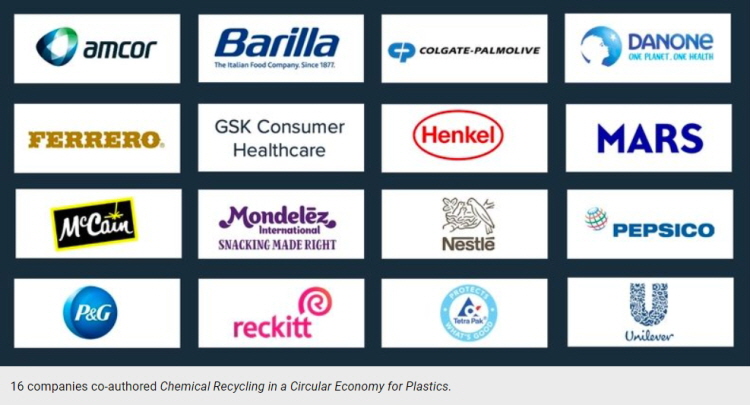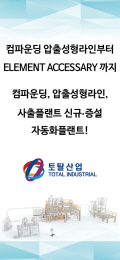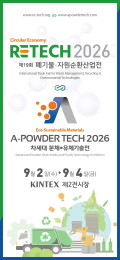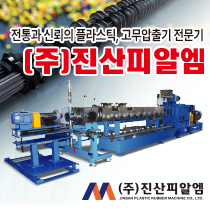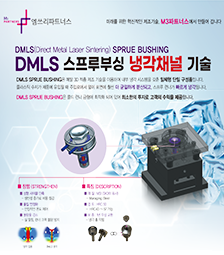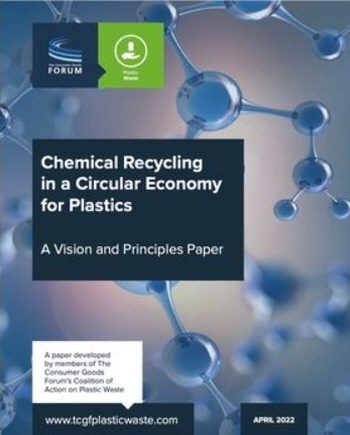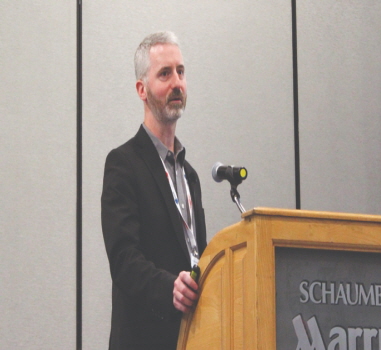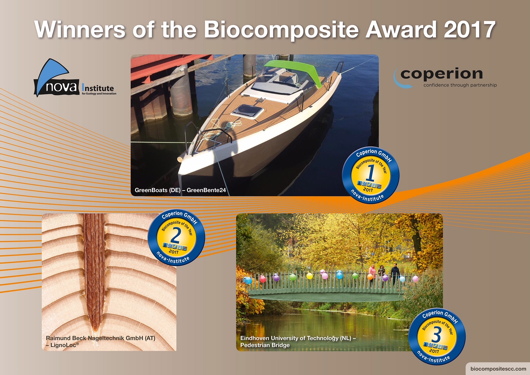Bio magazine
Consumer brands see value in chemical recycling
Consumer brands see value in chemical recycling
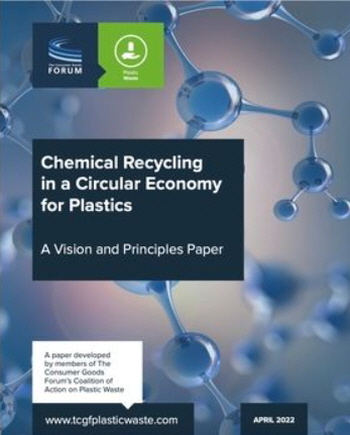
The study, published April 13, was commissioned by the Coalition of Action on Plastic Waste, one of the coalitions within the Consumer Goods Forum, a not-for-profit global organization that brings consumer goods retailers and manufacturers together, and conducted by Sphera, a leading provider of life cycle analysis (LCA) services.
The coalition is working with others to encourage plastics recycling innovation, which includes exploring the potential of chemical recycling as a complementary approach to mechanical recycling. The new LCA study serves to reinforce and underscore the stance of the Coalition outlined in its latest Vision and Principles Paper, entitled Chemical Recycling in a Circular Economy for Plastics.
That paper, compiled by 16 companies under the umbrella of the Consumer Goods Forum Plastic Waste Coalition of Action, provides a view of the role of pyrolysis-based chemical recycling in a circular economy for plastics and plastic packaging. It indicates tentative support for the development of new plastic recycling technologies, although this support is conditioned on these technologies meeting some six principles outlined in the paper: complementing work on mechanical recycling, material traceability, process yields and environmental impact, health and safety and the need for credible, transparent communication about all claims made regarding chemically recycled plastics.
Chemical recycling, write the authors of the paper, could increase packaging recycling rates which could enable recyclability targets to be met, more specifically for hard-to-recycle plastics, for example post-consumer flexible film.
"Chemical recycling is a critical complement to mechanical recycling as it will allow large quantities of flexible packaging to be recycled into food grade packaging,” said Barry Parkin, chief sustainability officer for Mars, Inc., one of the 16 companies co-authoring the paper. He added that the LCA study, commissioned to examine the aspect of climate change impact, showed that chemical recycling ‘has a significantly lower carbon footprint than the current end of life of flexible packaging’.
The study is focused on the European Union where legislation and recycling targets are creating increasing demand for food-grade recycled plastic. It showed that where residual plastic waste is disposed only through waste-to-energy incineration, expanding pyrolysis-based chemical recycling for hard-to-recycle plastic packaging waste would result is a reduction of overall greenhouse gas emissions.
Specifically, the life cycle GHG emissions of pyrolysis-based chemically recycled polyethylene/polypropylene flexible packaging that is also potentially disposed of through chemical recycling at end of life is 43 percent lower than plastic films manufactured from fossil fuels and disposed through waste-to-energy incineration at end of life.
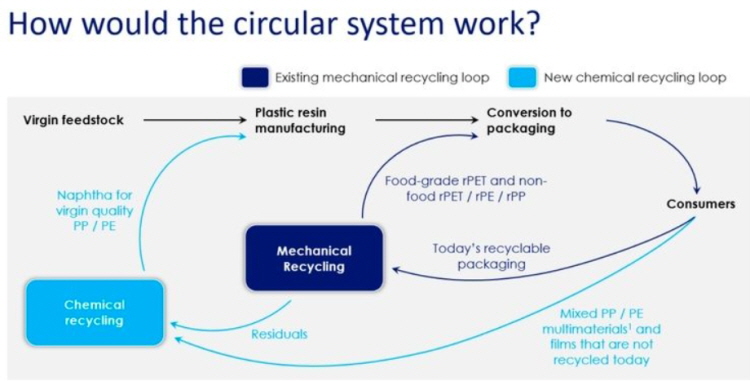
"It is crucial to consider all potential environmental impacts across the life cycle of production and consumption systems when assessing technologies such as chemical recycling of plastics,” noted Llorenç Milà i Canals, the head of the life cycle initiative secretariat within the United Nations Environmental Programme.
“Life cycle assessment is the standardized tool to do just that, assuring the necessary scrutiny by experts and interested parties; the Consumer Goods Forum has initiated a very useful process to shed light on many of these aspects in this report.”
The report also points to chemical recycling as the only way to recycle large volumes of flexible plastics packaging and other mixed PE/PP into food grade PE/PP recycled content under current European regulations.
Twenty-two coalition member companies, asked to estimate their potential European demand for chemically recycled PE/PP that could meet their quality and safety standards and was reasonably priced, arrived at an estimated volume of 780,000 metric tons per year, of which 680,000 tonnes food grade, which demonstrates the potential market demand for chemically recycled plastics. Meeting just this volume of demand would require 60-70 new medium-sized chemical recycling plants.
As the companies state in their Vision and Principles paper, their vision is for pyrolysis-based chemical recycling to reach industrial scale, within the bounds of the principles formulated by the group, by 2025. By 2030 the aim is for the technology to be sufficiently scaled as to hit targets for recycling rates and recyclability, including the production of food-grade recycled plastics at scale.
